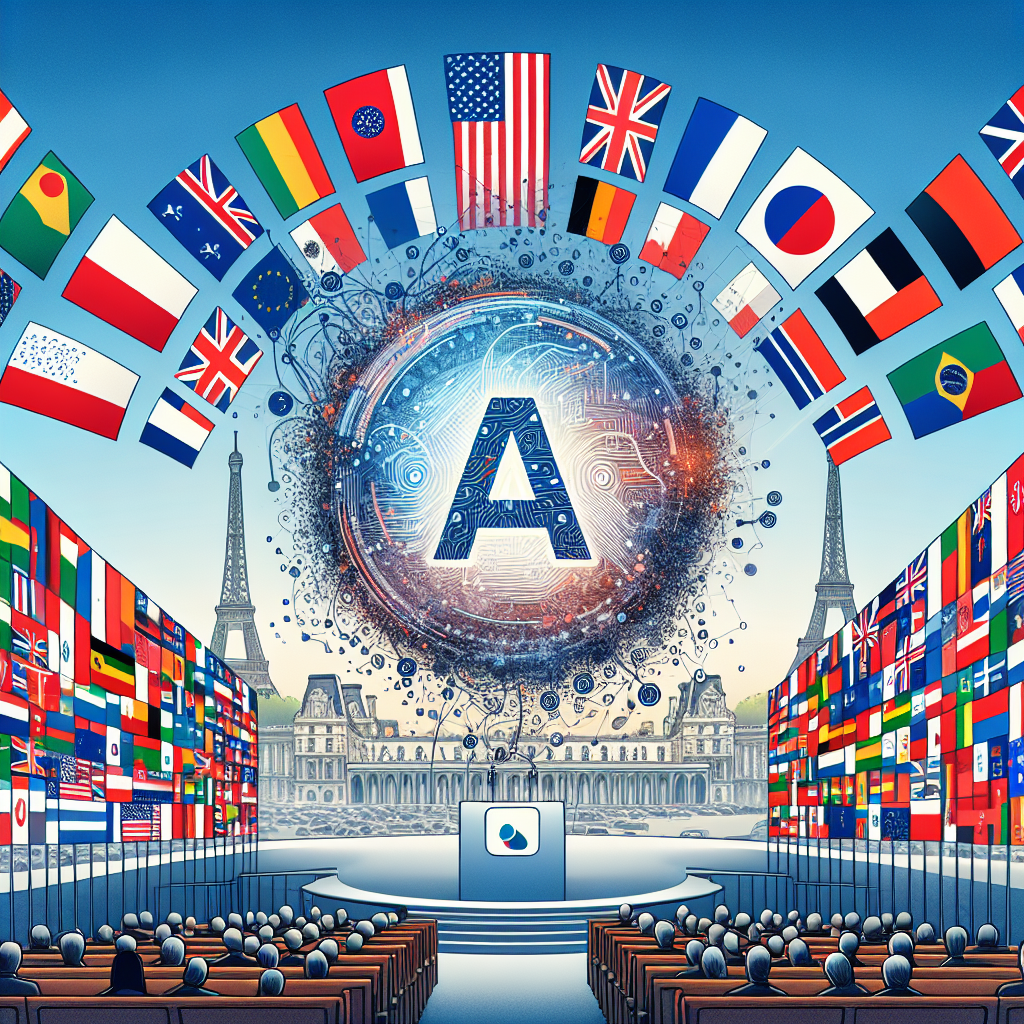Paris AI Summit: The US and UK Hesitation on Global AI Pact
Paris AI Summit: The US and UK Hesitation on Global AI Pact
Overview
The Paris AI Summit recently highlighted a significant divide in global approaches to artificial intelligence regulation. While many nations push for a unified global AI pact, the United States and the United Kingdom exhibit reluctance, citing concerns over innovation and national interests.
Key Concerns
- Innovation Stifling: Both the US and UK fear that a global pact could hinder technological advancements and innovation.
- National Security: There are apprehensions about how a global agreement might impact national security measures and data sovereignty.
- Regulatory Differences: The US and UK emphasize the need for flexible, adaptable regulations that can cater to their unique technological landscapes.
Global Push for Regulation
Despite the hesitations, many countries advocate for a cohesive international framework to address ethical concerns, data privacy, and AI’s societal impact. Proponents argue that a global pact could ensure responsible AI development and deployment.
Conclusion
The Paris AI Summit underscores a critical juncture in AI governance. While the US and UK remain cautious about a global AI pact, the international community continues to debate the balance between innovation and regulation. The outcome of these discussions could shape the future of AI on a global scale.

































